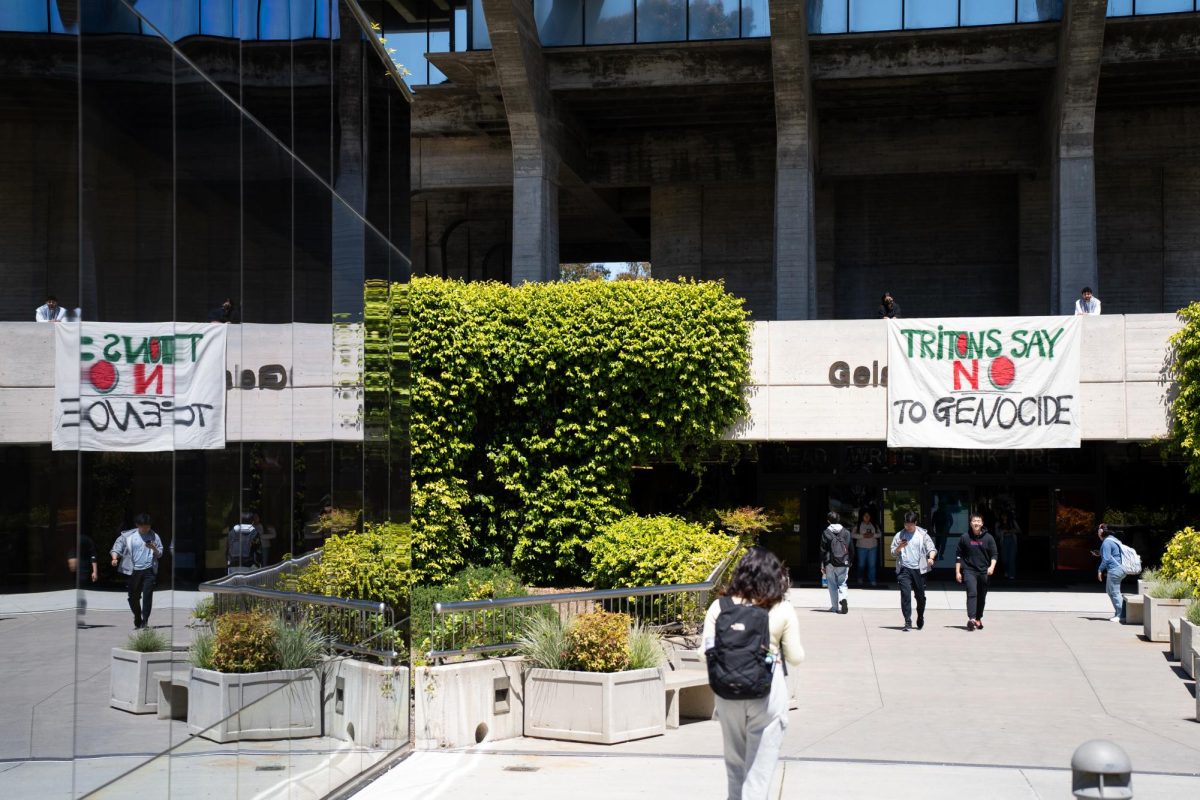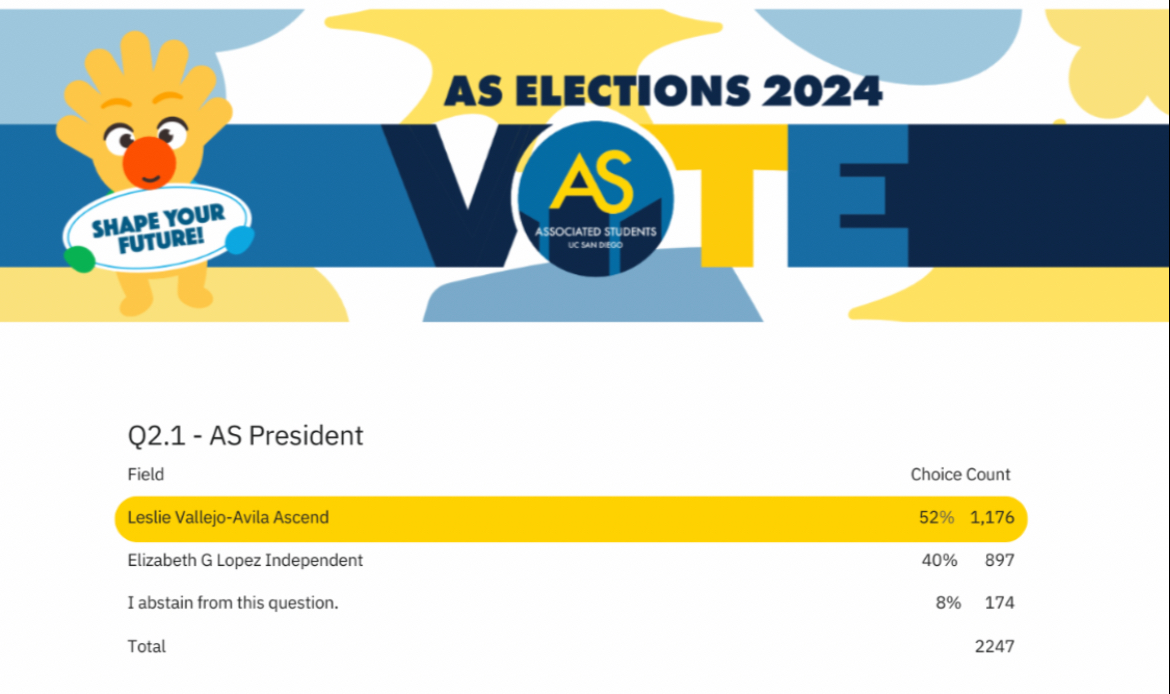In an Oct. 22 e-mail, Senior Vice Chancellor of Academic Affairs Paul Drake notified staff that the UCSD Electronic Communications Procedures and Practices Policy had been revised. The changes stipulate that, in the case of a legal subpoena involving an accountholder, e-mails sent from university ACS accounts can be viewed without authorization from the account holder.
For example, in the event that the RIAA had subpoenaed a student for illegal file-sharing, the university would be required to hand over the student’s e-mail records without his or her consent.
Similarly, the policy applies to student e-mail records requested by law enforcement agencies to aid in investigations.
A.S. President Utsav Gupta, who brought the matter to the attention of the A.S. Council at its meeting last Wednesday, said the issue endangers students’ personal privacy, as many use their ACS e-mail for nonacademic correspondence.
“A university e-mail is required to join the UCSD network on Facebook,” Gupta said. “If all your Facebook notifications are sent to that account, they can be used as records by the university for an investigation.”
The revised policy states that direct monitoring of student accounts will not occur, and that — except in emergency circumstances — the distribution of student electronic communication must first be authorized in writing by a vice chancellor.
However, Gupta said the new policy still constitutes an invasion of privacy for those unaware of its effects.
“Faculty are employed by the university, so they expect their records to belong to the university, but students are not employees,” he said. “Students have a right to know what’s happening with their records, especially since there’s such a heavy use of electronic communication.”
The process by which the policy was drafted has also roused concern among student leaders. The changes were implemented by the UCSD Electronic Communications Procedures and Practices Committee, an 11-member group consisting entirely of faculty and administration.
Gupta and Graduate Student Association President Alex James said students should have been included in the policy’s revision process.
“We’re just trying to figure out where this came from and why no students had any say in this,” James said. “Almost every group or committee includes some form of student representation, so this definitely feels like back-door negotiation.”
Gupta and James said they are currently working on further investigating the policy.
“There was no student representation on the committee that created these changes,” Gupta said. “There were no minutes taken at the meetings where it was developed and discussed, and a lot of this was done in the dark.”
James said he is more concerned with the issue of student notification.
“If someone requests the personal information of a student and something could happen to the student if the information is handed over, the student should be notified of what the university does,” he said.
The policy specifies that the university must eventually notify individuals if their records are distributed and must provide a reason for this distribution. However, notification may come after the records have already been copied and used.
According to committee chair Brian Schottlaender, the policy writing committee was established in 2006 by then-Vice Chancellor of Academic Affairs Marsha Chandler for the purpose of revising the policy for UCSD. The committee has met three times since then: in November 2006, April 2007 and March 2009.
In 2005, the UC Office of the President revised the systemwide Electronic Communications Policy, which was first created in 2000. The new UCSD draft was established in response to orders from UCOP that all UCs must develop a clear campus-specific version consistent with the systemwide policy.
Schottlaender said UCSD’s policy adaptation clarifies the procedure in cases involving legal action.
“Prior to the revised policy, many outcomes relating to e-mail communications and how such communications should be handled under various circumstances were vague and ambiguous,” he said.
While Schottlaender acknowledged the lack of student involvement, he said the university provided ample time for student comment by holding a public review period from Nov. 6, 2008 to Jan. 16, 2009.
“The revised ECPP was the product of several years’ work,” Schottlaender said. “It reflects the extensive solicitation and incorporation of comments from the campus community.”
He said that, of the few student comments received during the public input period, most were concerned with advertising and disposition of electronic communication records in the event of student or faculty death — not student privacy or communication records.
Gupta said the council is working to fight the policy, though councilmembers have not yet established a definite plan of attack.
“It’s a policy already, so it’s hard to change,” he said. “But if policy can be reversed so that students’ e-mail accounts are not monitored, we will pursue that.”
Schottlaender said he is open to more student involvement.
“I welcome student input,” he said. “I am certain that Vice Chancellor [of Academic Affairs] Paul Drake would be happy to have a student representative join the committee now, if either A.S. or G.S.A. — or both — would like to designate a representative.”
Readers can contact Angela Chen at [email protected].







